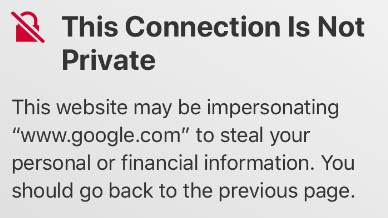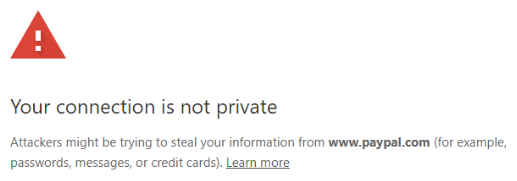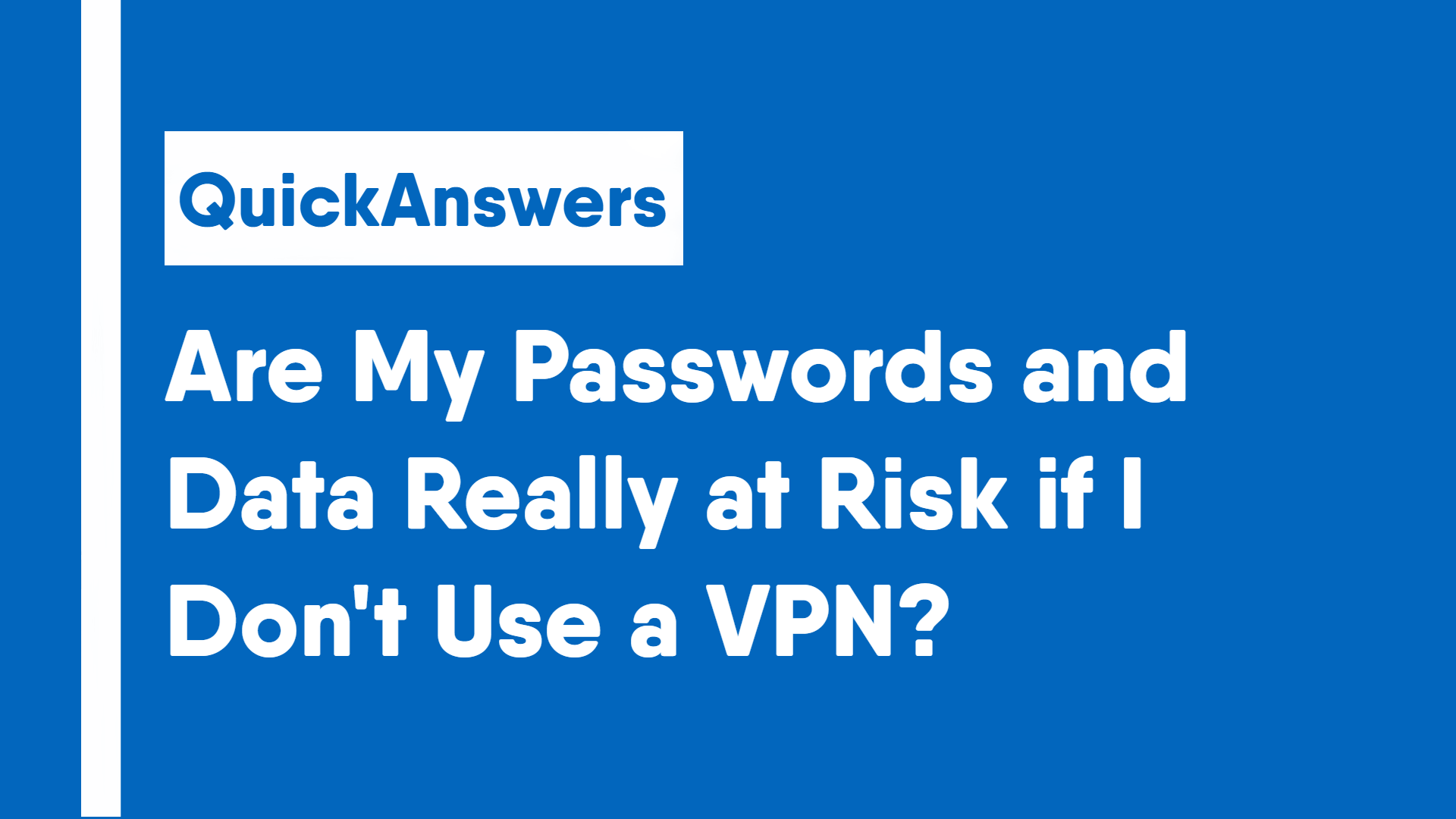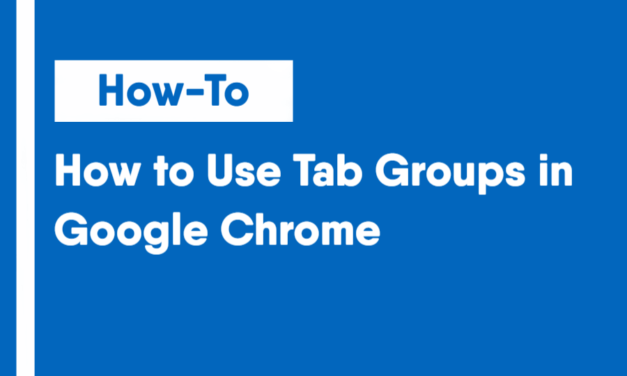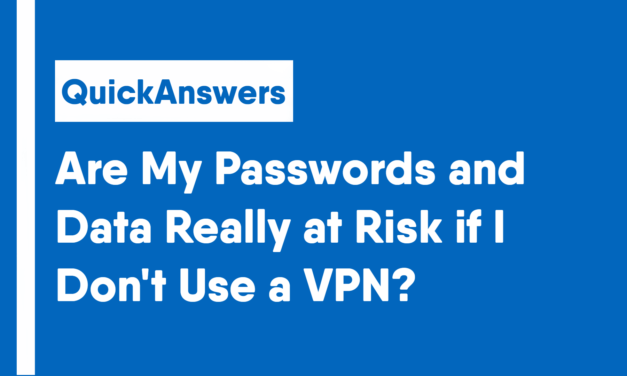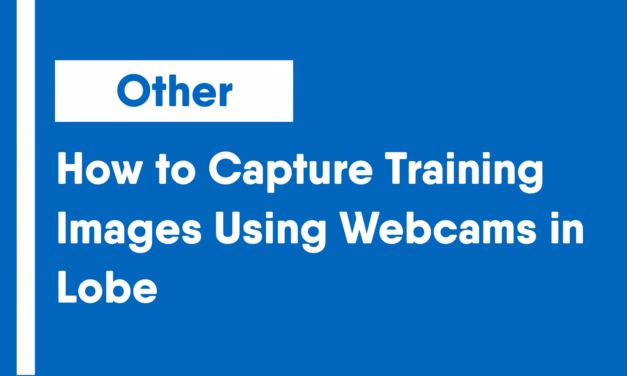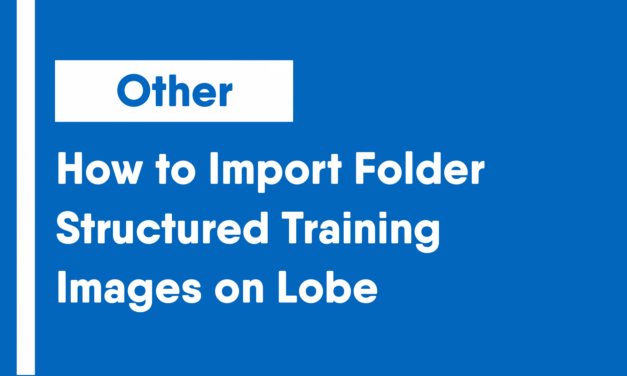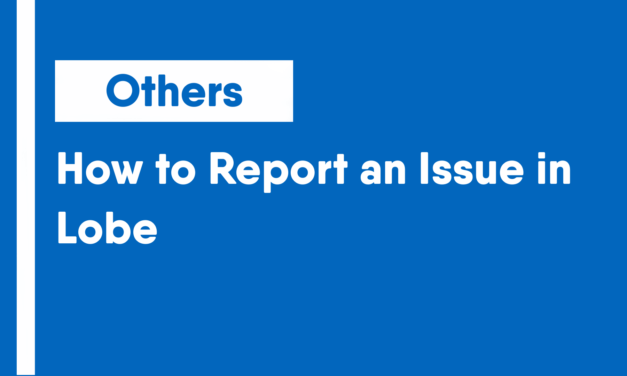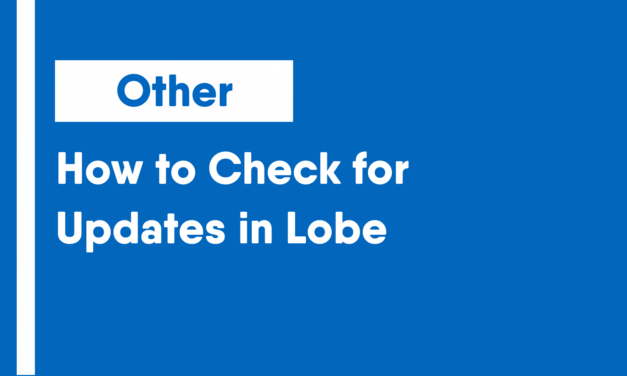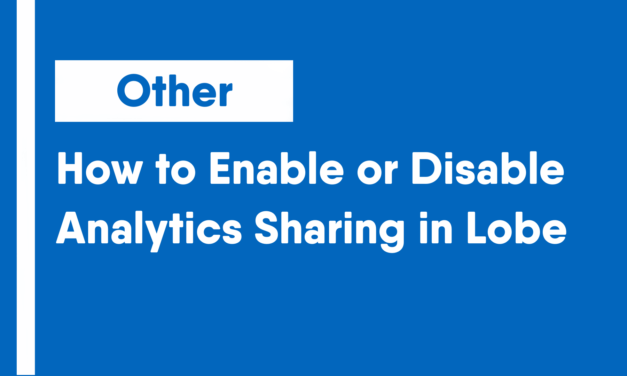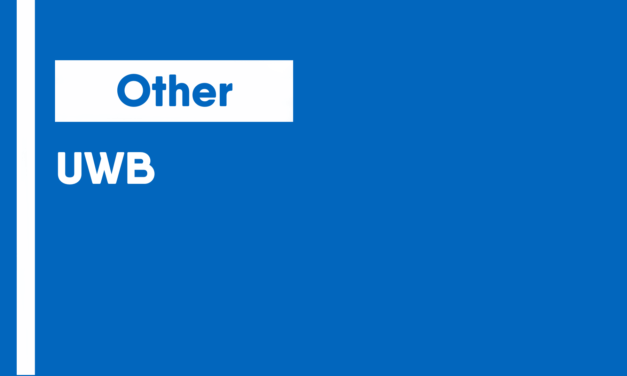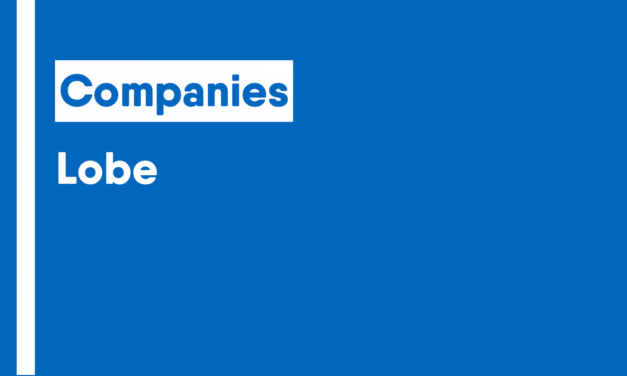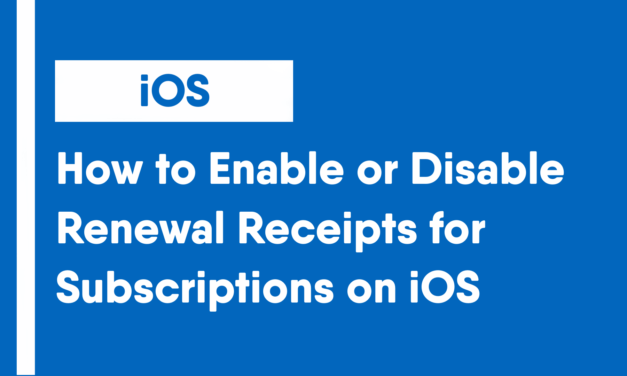Most likely, no. A VPN or a Virtual Private Network, has, in recent years, skyrocketed in popularity. Many VPN companies tell potential customers that VPNs provide a “safe, encrypted tunnel” for your data and without it, your connection that sends your passwords and data could easily be compromised.
That claim was true a few years ago where hackers could try to intercept or pretend to be the router on a network, but now, the claim that VPNs provide a “encrypted tunnel” for your data is now true for every website with a padlock in the search bar.

When HTTPS, (opposed to normal HTTP) is used when visiting a website, it means that that connection is already going through a secure “tunnel”. Additionally, every mobile app since 2018 (Apple/iOS since 2016) has also been required to use HTTPS for their connections.
Whenever there is an unsecure or exposed network, most if not all browsers will show a warning message like these:
